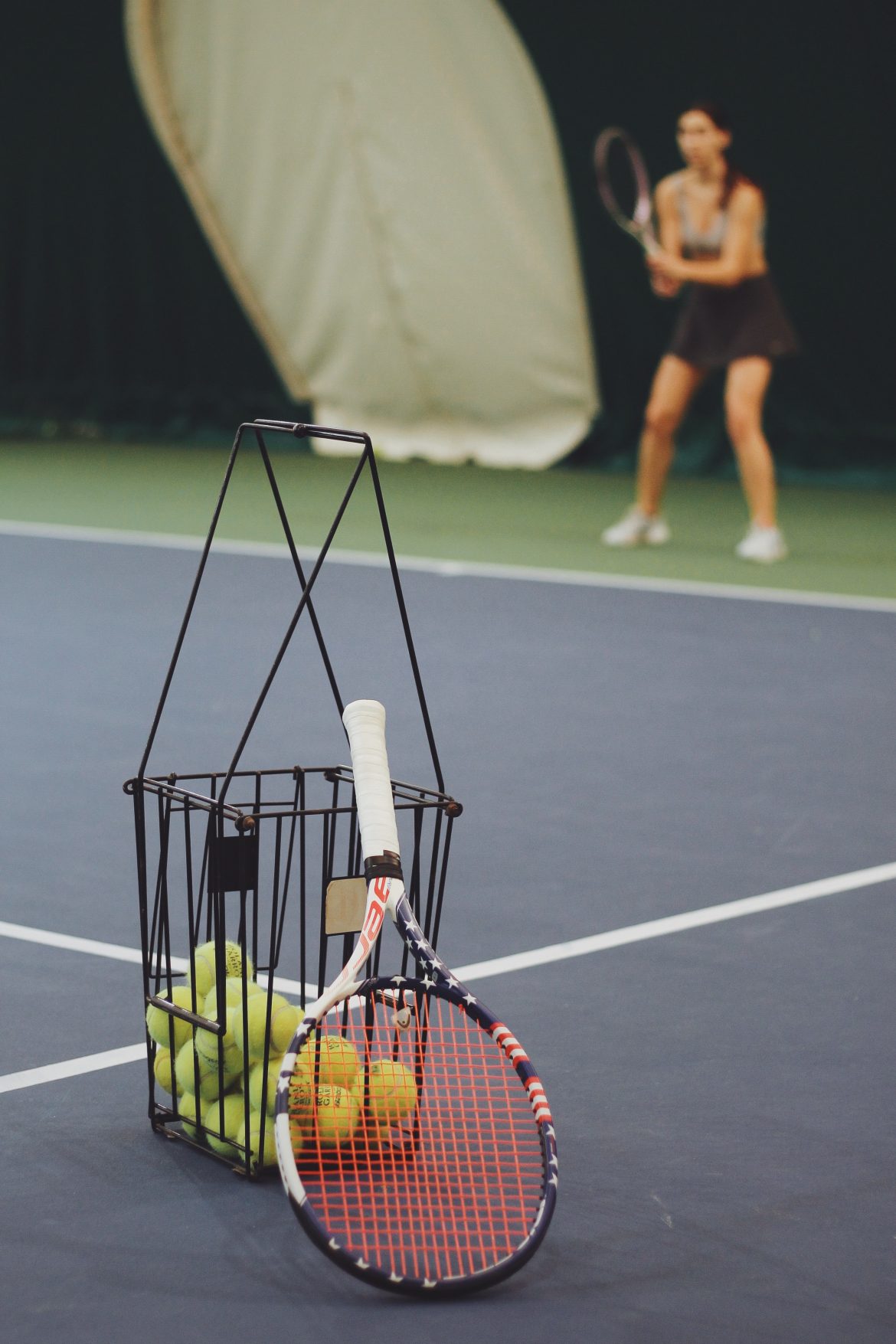Tennis is one of the finest sports in the world, treating society to some of the best sporting events in the world. This game is responsible for producing many sporting icons and role models such as Serena Williams, Raphael Nadal, Pete Sampras, Roger Federer, and more.
Before becoming pros, many great athletes of the game started as college players. Though regarded as an amateur level, a great number of people enjoy college sports. It gives students the chance to improve their skills while indulging in their passion for the court. But these sportspersons don’t receive paychecks as their professional counterparts despite bringing in millions in revenue to the NCAA body.
Is it justifiable for college tennis players and other student-athletes to get paid? There are multiple arguments for and against this decision. Here’s a write-up discussing some of the prominent points.
The Current Stance
Currently, tennis players in college don’t get paid. They do get athletic scholarships from their educational institutions, stipends to help sustain their living costs, and the opportunity to accept prize money from tournaments, though capped at $10,000 per year.
None of the 50 states in the USA currently has laws requiring the payment of college athletes, but in 2023, this status could change. Why? At this point, the state of California’s upcoming law would take effect, mandating that both private and public colleges pay their sportspersons to an extent. This rule doesn’t include salaries but paying tennis players for the use of their images and names. They also get to hire a sports agent just as pro sportsmen and sportswomen.
The Argument for Paying College Tennis Players
High Levels of Exploitation
Some people reckon that paying college athletes is justifiable due to the governing body exploiting their talents. The NCAA is responsible for college sports and profits greatly from the current status of the game. This body registers revenues in millions of dollars each year from the performance of players, with the latter having no share of these earnings. Ethically, this situation doesn’t sit right with society as performing individuals should have access to the following privileges.
- Salaries
- Endorsement Deals
- Hire agents to represent them and more.
Improvements at this Level
Members of society believe games will improve if individuals get paid. Most athletes are quick to jump on the pro wagon when the opportunity presents itself. This scenario doesn’t only affect the game at the college level but also impairs the player’s growth. College sports lose most of their young proteges in this manner, as they have little incentives to remain at this level of the game. If these youngsters received salaries, they would be more inclined to stay and subsequently improve the gaming standards.
Security
Many people argue that paying sports representatives will provide them with financial security. Though many tennis college athletes dedicate their younger years to playing the game, they aren’t guaranteed to become pros in the future. Few students become pro sports persons after graduation.
These sportspersons also have to worry about sustaining injuries, some of which could destroy their chances of ever turning pro. Paying them while in school ensures they receive monetary value and some security for their time spent dedicating themselves to the game.
Time Consuming
Society reckons it’s justifiable to pay sporting individuals due to their dedicated hours. Playing college tennis is time-consuming and expensive, as sportspersons spend much of their time training and participating in various sporting events. The average student player spends almost 40 hours per week on these activities. This period is one that many students can use to make significant earnings working at a minimum wage job.
The Argument Against Paying College Tennis Players
What would be the Yardstick for Payment?
Many people believe it would be a conundrum to implement a payment structure. There are already multiple arguments for uneven wages among pro sportspersons, and paying college players will only result in more disputes.
The yardsticks for deciding payments could be a problem as there’s a disparity in revenue generation from each sport. Games such as basketball, football, and soccer have the lion’s share when it comes to proceeds. Track and field and other sporting events such as javelin, tennis, volleyball, rowing, and more tend to bring in little to no revenues.
What logistics will schools use in measuring an athlete’s salary? Would the revenue be split between sportspersons equally? Any method educational institutions choose to go with will have its cons and be unfair to a set of sportspersons.
Loss of Focus
Society argues that there’s a high chance college tennis players will lose focus on both their academics and the game if they receive salaries. They lack the experience to manage wealth at such a young age, and it could greatly influence their lifestyle negatively. You can see such scenarios occurring at the professional levels, where many spots athletes lose focus, exhibit poor money management skills, and more.
Academic dedication could take a hit as players prioritize sports over their studies due to the prospect of earning more money. They begin to care more about winning, with gamesmanship becoming a staple.
If college tennis players aren’t paid now, it’ll help curtail the possibilities of spiraling and improve their chances of taking the right path when they become pros.
Already Meets Their Needs
Many people reckon that the current system already meets the student’s needs. Though not all student-athletes are recipients of a full scholarship, many have their tuition fees meet on this program. The NCAA also allows these players to receive multiple other benefits.
Tennis and other sports players that compete at national levels enjoy full scholarships and free boarding. They also get stipends to cater for the purchasing of books, feeding, and other living costs.
In a society where graduates are riddled with student loans, this chance at graduating loan-free is a boost. When compared to their non-sporting counterparts, college athletes enjoy better financial status.
Final Thoughts
The debate on the subject of college athletes getting paid is one that’s been raging for years. Members of the society have different opinions on the topic, with many arguing for and others advocating against the policy. Support for the former has grown recently, but both stances still have the right to exist as it’s a delicate matter and isn’t void of pros or cons.
With states such as California making the steps to improve the monetary gain of talented sporting individuals from the game, it’s only a matter of time before it becomes a national stance. Though the NCAA still has a lot of time to provide suggestions and make amendments to their current rules that would suit all parties.




